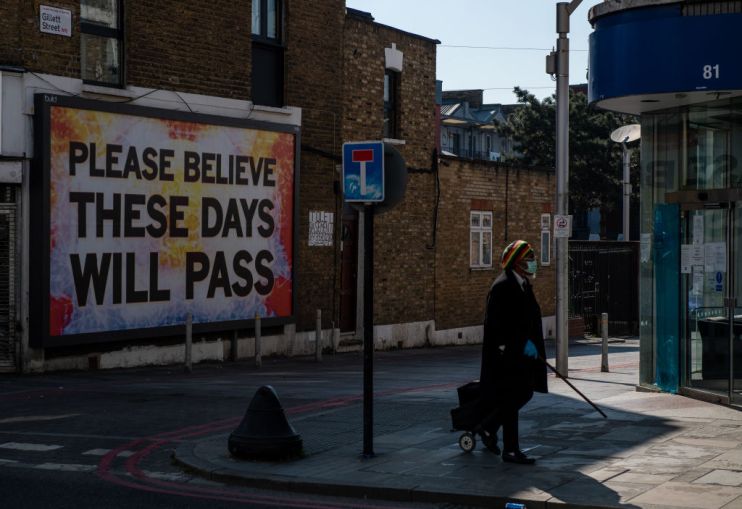UK marketing budgets suffer sharpest drop since 2009 crash

UK marketing budgets declined at the fastest rate since the 2009 global financial crisis in the first quarter as consumers and businesses cut spend due to the coronavirus crisis.
A net balance of -6.1 per cent of companies slashed their total marketing budgets in the first three months of the year, according to the latest figures from the Institute of Practitioners in Advertising (IPA).
This marked a dramatic swing from the positive balance of four per cent in the final quarter of 2019 and the sharpest quarterly fall in total marketing expenditure since the end of 2009.
Overall, a quarter of companies surveyed recorded a budget cut, compared to 18.9 per cent signalling growth.
The stark figures revealed a decline in spend across all forms of marketing, with market research and events the worse casualties.
Main media — the primary category for building brand awareness — recorded its sharpest fall since 2009.
IPA director general Paul Blainsfair said the figures were a “sobering snapshot” of the initial impact of coronavirus, adding that the second-quarter figures would give a fuller picture of the extent of the crisis.
“These are undoubtedly the toughest overall trading times that any business and indeed any marketer will have ever experienced, but the hope from this report is that we will see a more upbeat end to the year,” he said.
While the pandemic has taken an immediate hit on the sector, companies were optimistic about budgets for the financial year amid expectations of a rapid economic recovery.
A net balance of 16.2 per cent of firms anticipated higher spend over the next 12 months, with a particular recovery for main media.
The IPA report also forecast a fall in advertising spend of roughly 13.7 per cent, based on IHS Markit estimates of a 4.3 per cent contraction in GDP this year.
However, the ad body warned of a high degree of uncertainty caused by the Covid-19 crisis, and said the actual decline could be more severe.
The IPA forecast a one per cent rise in ad spend next year, with more robust growth expected in 2022.
Mike Gordon, chief commercial officer at Global, said: “The reduction in marketing spend comes as no surprise given the current global uncertainty, but with firms predicting a quick economic recovery, brands are using this time effectively to come out on the front foot post-pandemic and look at this as an opportunity to adapt their strategies.
“Now more than ever, brands can take an innovative approach to their advertising campaigns rather than stopping activity altogether.”
David Fletcher, chief data office at WPP agency Wavemaker, added that the global health emergency meant “the old playbooks no longer apply wholesale”.
“The brands that are setting themselves up for success are the ones that are finding a tone that resonates with the public and have remained committed to delivering for their customers.”
Jeremy Hine, chief executive of Mullenlowe Group UK, said: “Clearly, we’re right in the midst of a period of uncertainty, the scale of which is unparalleled for most of us.”
“However, the creative and advertising industries play a huge role in the UK, both economically and in considered mass communication, whether that’s getting important public service messages to reach far and wide (such as with our work for the NHS), or simply making someone smile with humorous advertising about biscuits. We’ll definitely come back from this, and the relationships we foster with clients now will pay off then.”